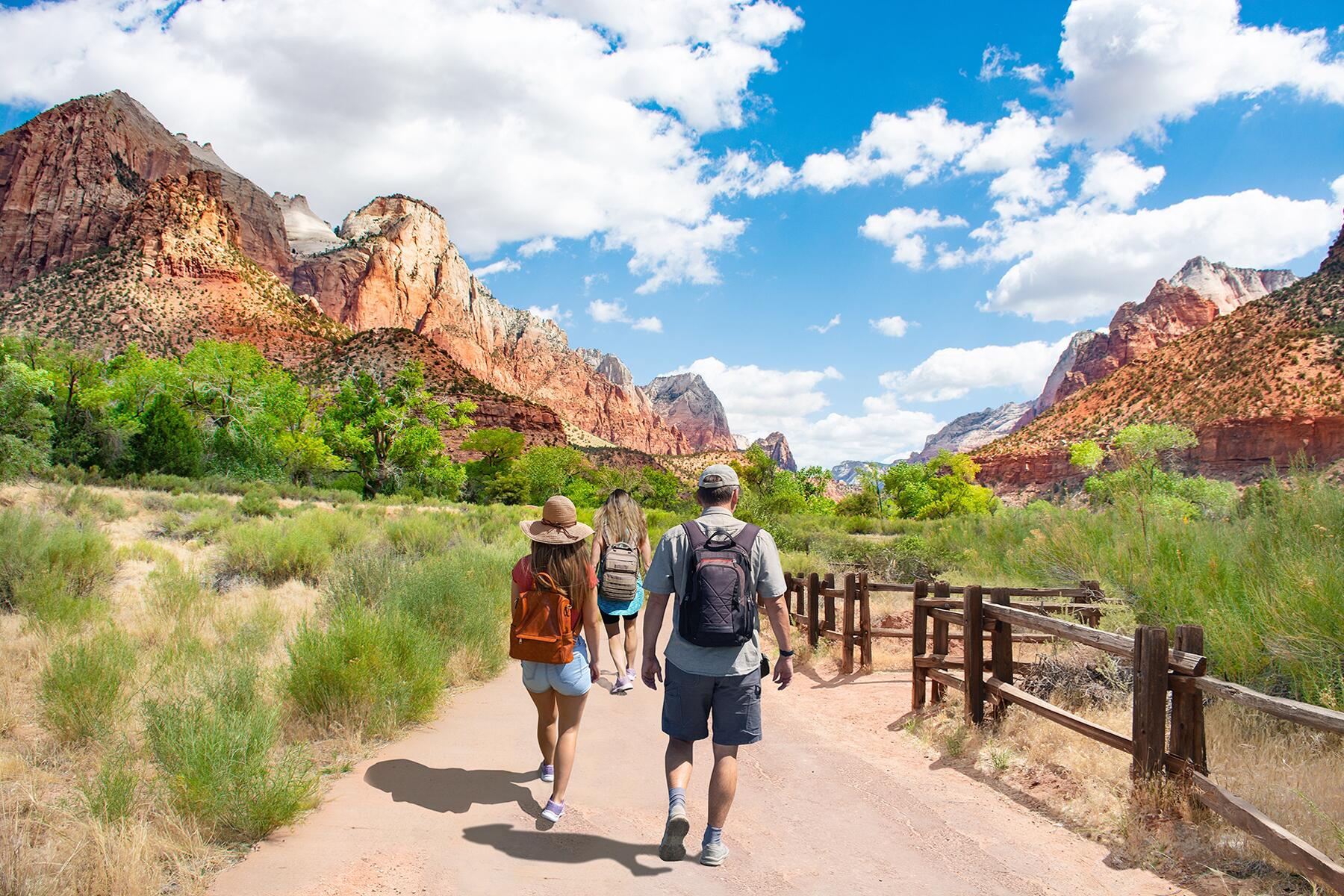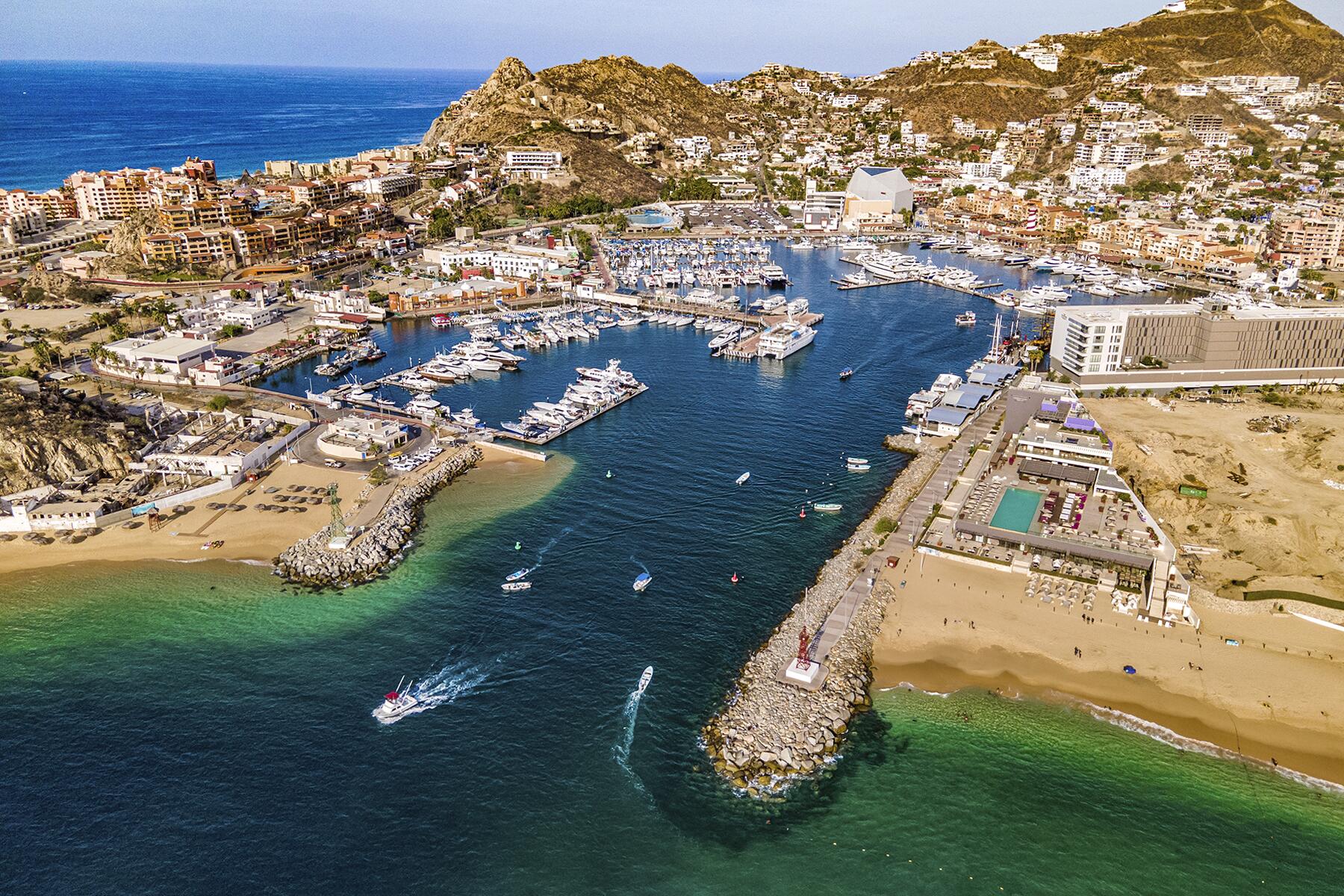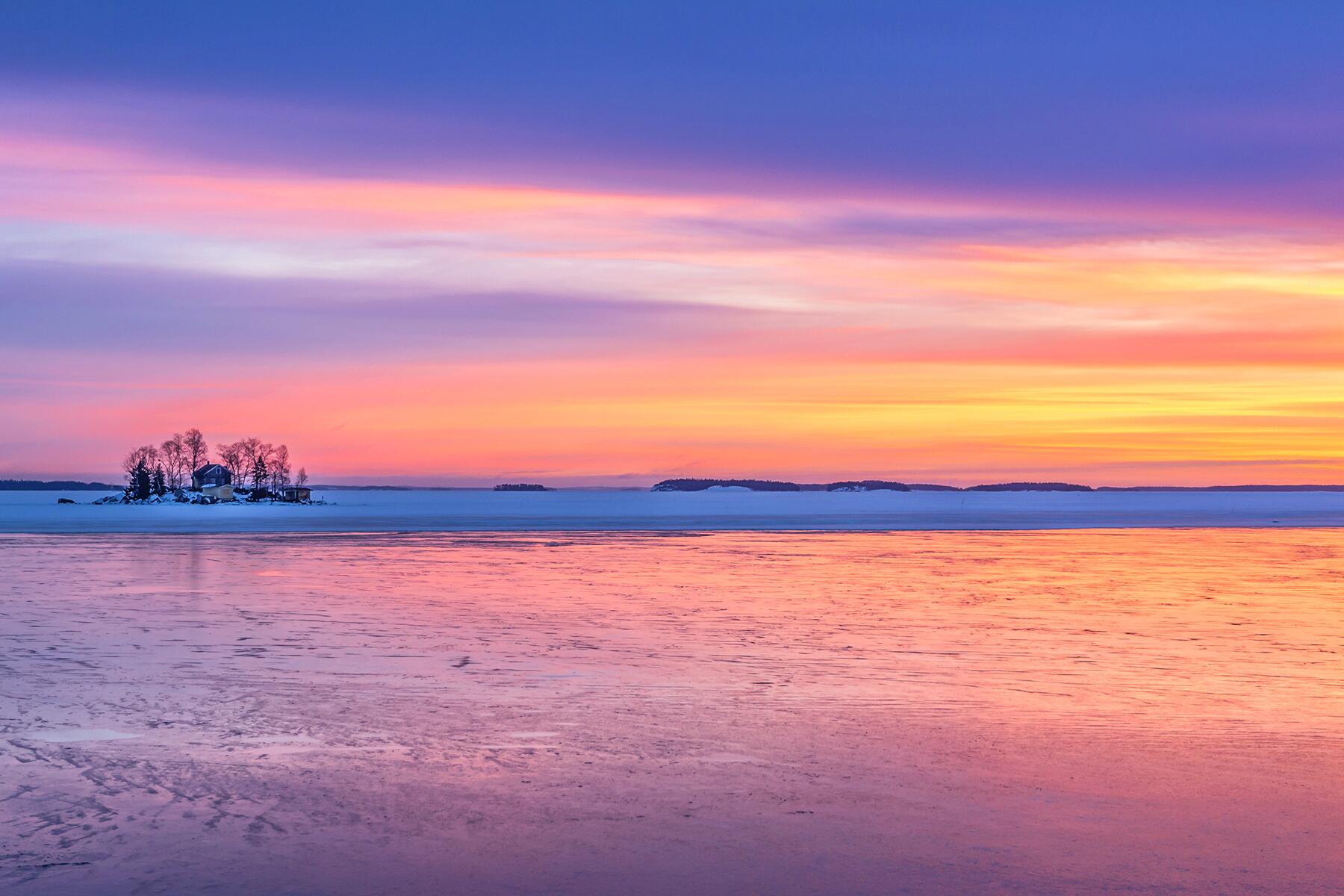While on vacation in Namibia, it’s easy to contribute to wildlife conservation while staying at comfortable lodges and going on guided safaris. Namibia is the first African country to incorporate protection of the environment and wildlife into its constitution. It has done this by creating conservancies and involving local communities, tourism businesses, safari operators, lodges, and farmers in working toward a shared goal of natural resource conservation. Currently 43.6% of Namibia’s 300,000 square miles is under conservation management.
With tourism being one of the major contributors to their economy, Namibians have found a way to support and aid their conservation efforts with sustainable tourism. If you’ve always dreamed of a guilt-free African safari, it’s time to head to Namibia.
Stay at a luxury lodge
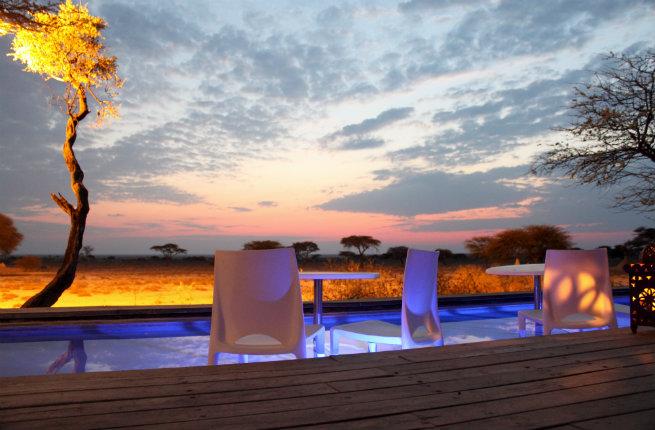
Many of the lodges in Namibia have close ties the various communities and conservation areas around them. While you spend your hard-earned dollars lounging on the deck sipping on a sundowner, a portion of your fees are being invested directly into the wildlife conservation of the area. Luxury lodges often sponsor game guards to help control poaching in the region. In the beautiful and remote Northern Kunene region, half of the community conservation projects are linked to wonderful luxury lodges and tented camps. Places such as Desert Rhino Camp, Serre Cafema, Nkasa Lupala Tented Lodge, or Grootberg Lodge are excellent choices.
Use a conservation-minded tour operator

When booking your holiday, choose a tour operator like Wilderness Safaris that can plan your itinerary and book all your accommodation. As one of the premier conservation-minded tour operators in Southern Africa, all of their establishments are deeply invested in the surrounding communities and wildlife management programs. Funds from their lodges are donated to area farms to repair damages from wildlife or to reimburse farmers for stock lost to predators like cheetahs. In addition, all their camps are built and managed in an eco-friendly way. While you’re still enjoying hot showers and five-star meals, they have taken care to minimally impact the surrounding ecosystem.
Recommended Fodor’s Video
Go on a guided safari
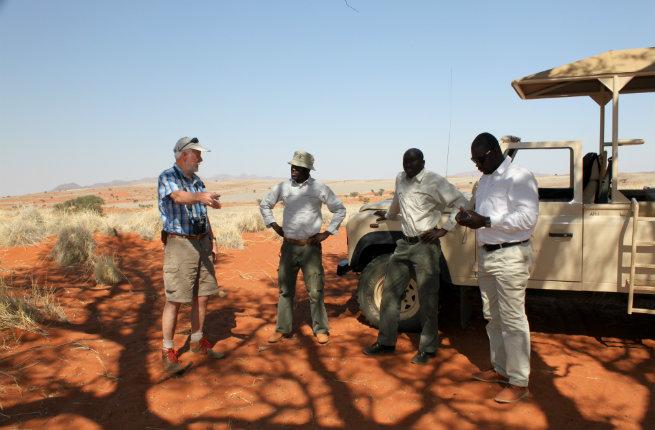
If it’s your first time in Namibia, book a tour with your own guide and driver so you can spend all day admiring the landscape that Namibia is famous for. A planned itinerary will take you through the relevant nature conservancies, tribal villages that are actively involved in protecting the wildlife, and community camps and markets. Ultimate Safaris is Namibian owned and they specialize in tours and guided self-drive itineraries that are conservation focused.
Avoid wildlife sanctuaries

This may seem counterintuitive, because surely wildlife sanctuaries are there to preserve wildlife. Sadly, not all of these establishments have as honorable intentions as they should. Many are linked to illegal hunting operations or merely don’t actually rehabilitate the wildlife they have on display. Ideally, you are contributing far more in the long run to wildlife conservation by avoiding places that offer tours of animals in cages and small enclosures. Make sure to visit reputable places such as AfriCat at the Okonjima Reserve, where they are involved in cheetah rehabilitation. You won’t see animals in cages, but you will get to walk in the reserve and silently watch the rehabilitated cheetahs in their natural environment. With each visit, you’re directly contributing to rehabilitation of future cats as well as helping pay for education toward and management of the serious human–wildlife conflict with the farmers and cheetahs in the greater Namibia area.
Visit a national park
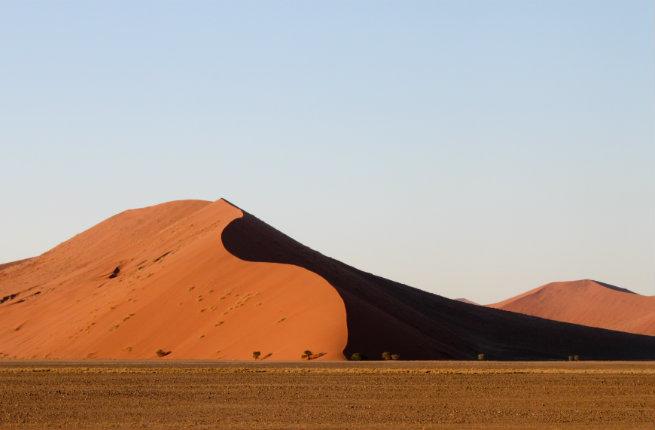
This one might seem a little more obvious than the others, but it’s not just about the entrance fee. Once you visit Africa, the continent stays with you forever. It happens with your first sighting of a leopard dozing in a tree above a river, or of elephants dipping their trunks into a pool of water and spraying it over their dusty backs. After you visit, your love for Namibia might inspire you to further contribute toward the conservation of wildlife. It could be something as simple as sharing the message, donating to a cause, or even just planning your next trip.
PLAN YOUR TRIP: Visit Fodor’s Namibia Guide
